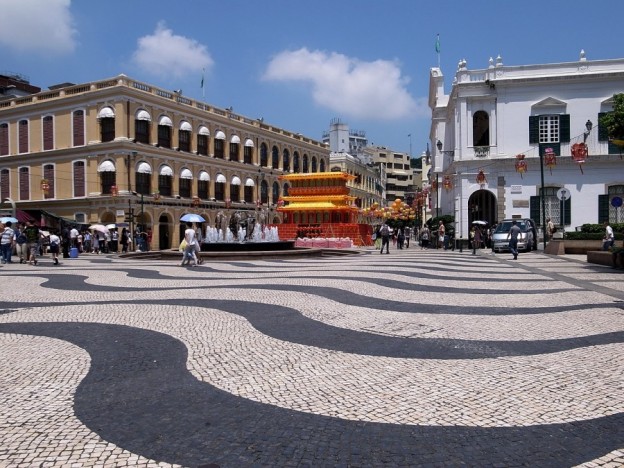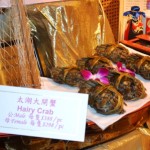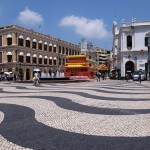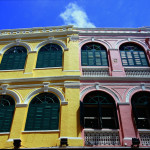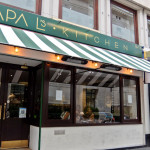Andy Mossack on a culinary journey around Macao’s foodie hotspots
It’s early evening and Antonio’s is already full. Mind you, it’s not the biggest place you’ve ever seen, in fact, it’s what I call highly sociable, but that’s just part of its charm. Still, there’s no shortage of interest, a seemingly never-ending stream of hopeful diners without reservations come through the door, only to be politely let down and sent on their way.
None of that matters to us of course, we’re snugly ensconced in our corner table looking very smug as the defeated non-diners do the walk of shame past us on their inevitable way back out. Not that they would be short of alternatives here on Taipa, Rua Fernando Mendes and Rua do Cunha or ‘food street’ as it’s known locally are brimming with eateries and are close by.
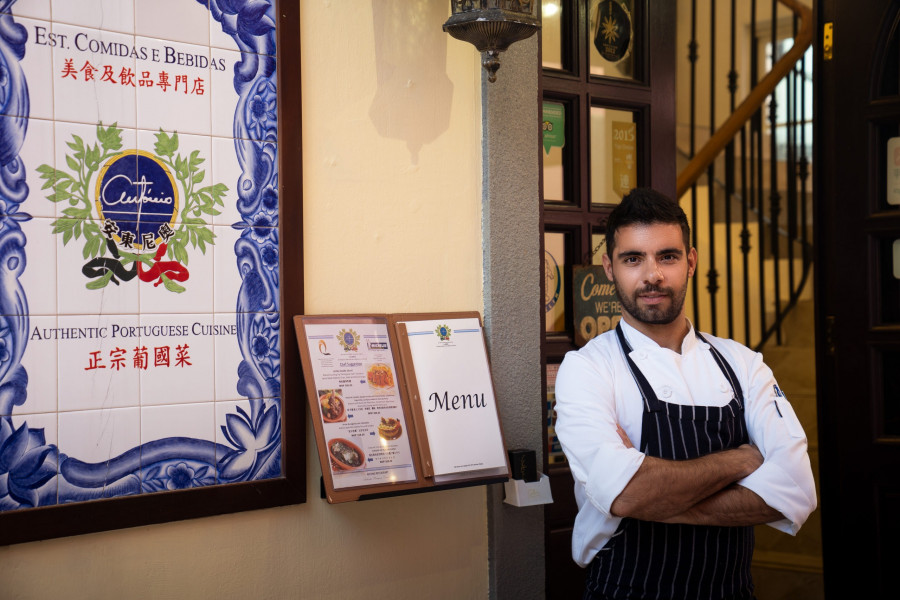
Antonio’s is just one of those places that people in the know head for in this tiny corner of China. Tucked away in Taipa Village it’s a familiar name in the Hong Kong and Macao’s Michelin guide and offers authentic top quality Portuguese fare along with a clutch of outstanding wines such as Vinho Verde from the same region. My Caldo Verdi starter was as good as when I last had it in Lisbon as was the goat’s cheese with honey. African chicken is another speciality to be savoured together with their signature crêpe Suzette
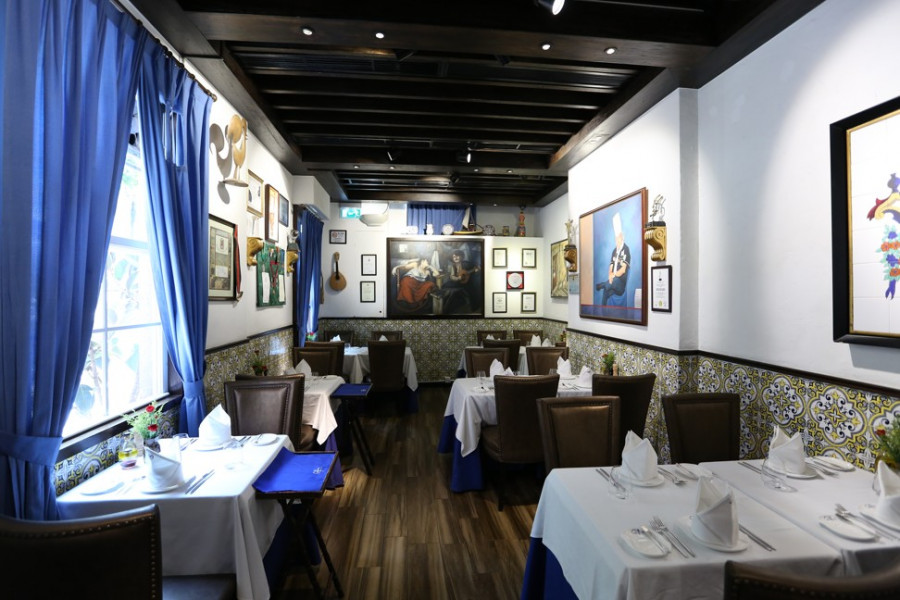
Be warned though, expect your trip to Macao to include culinary overload, after all not only is there a mix of Portuguese and Chinese food, there’s also Macanese cuisine, the result of the blending of flavours the Portuguese explorers brought with them to Macao from their travels in Africa, India and South America. Yes, there are the big, brash Vegas-style hotels here, but frankly why bother when you have so many culinary journeys to savour on the doorstep.
I spent a delightful lunch savouring Dim Sum at the Grand Hotel Lisboa a veritable institution in Macao. Macao dim sum is reputed to be the best in southern China and the Portas Do Sol restaurant in the Grand Hotel Lisboa offers endless varieties of these exquisite dishes and it’s the perfect venue for people watching. There’s even a small dance floor and stage where a local band plays in the evenings.
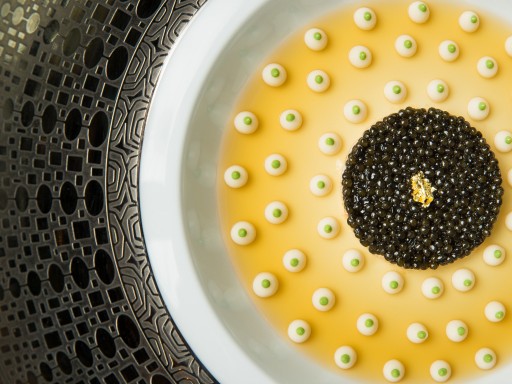
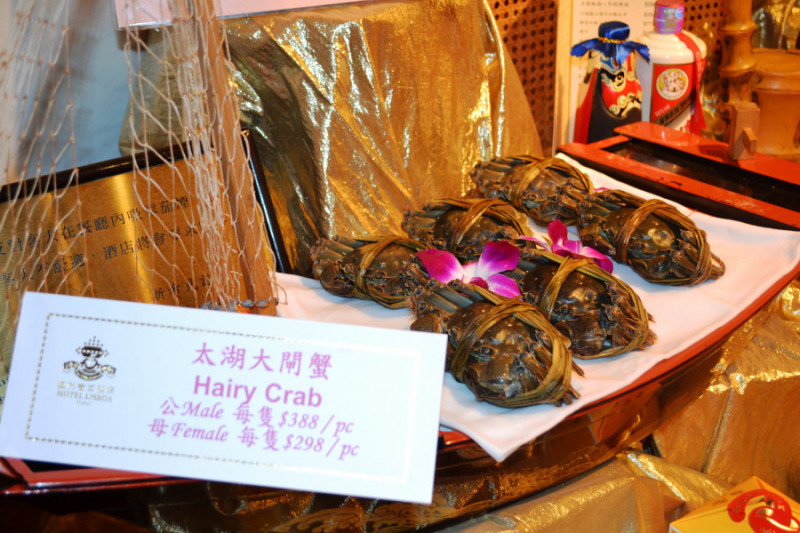
On the opposite end of the scale, I snacked on tea and a traditional pork chop bun in a tiny corner tea shop in Macao’s historic old town. After being assured it would be perfectly safe by locals, even though its interior decor raised an eyebrow as did the once white vest the owner wore which had seen action from all fronts and needed to be put out of its misery..Nevertheless, the tea, whose fresh leaves were served in old English china teapot, was piping hot and the bun delicious.
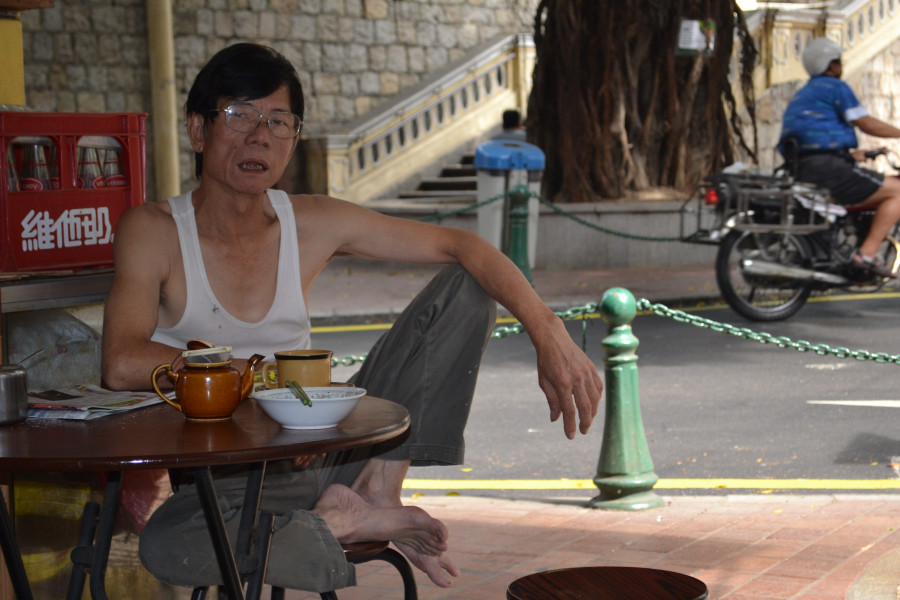
Portugal’s national dish is the pasteis de nata, little custard tarts with flaky pastry particularly delicious in Lisbon’s Belem district. Macao has had its own version courtesy of Englishman Andrew Stow since 1990. His original bakery on Coloane Square is still producing the little masterpieces and Lord Stow’s Bakery has become quite a name throughout Asia. Do they match the Belem version? Well, let’s just say they’re different shall we, more along the lines of the old-fashioned custard tarts you find in England.
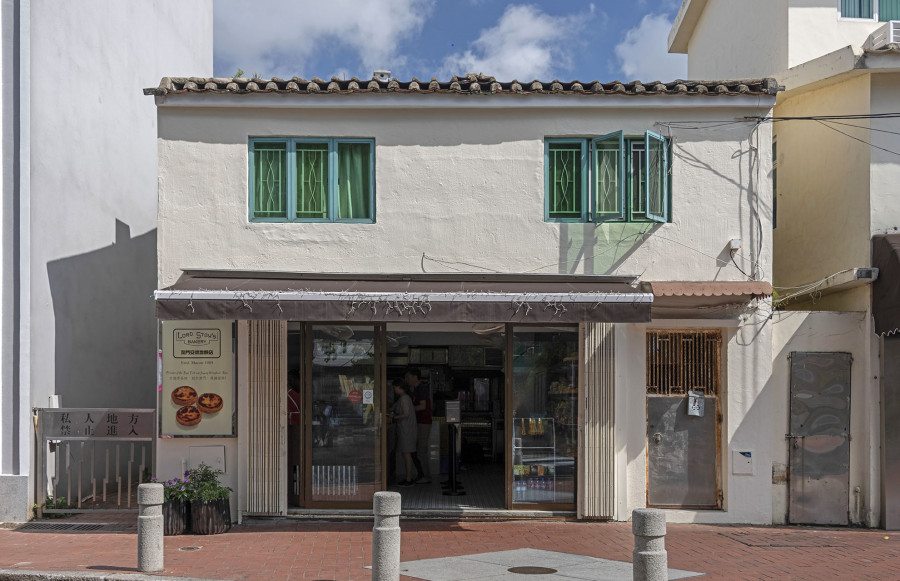
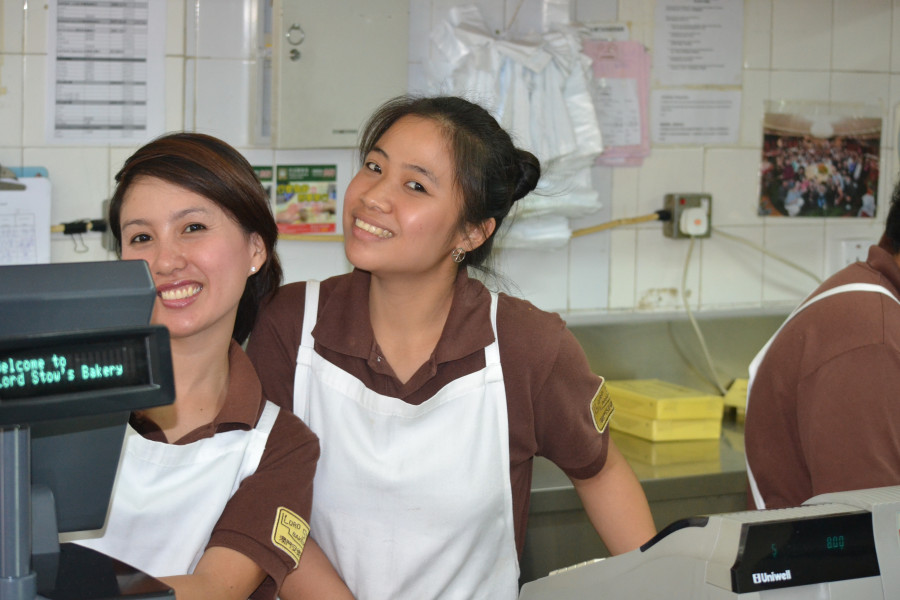
The sheer variety of food you can find in Macao is extraordinary and perhaps being turned away from Antonio’s may not be the end of the world with so many alternatives on hand.
Tell me more about Macao Food

